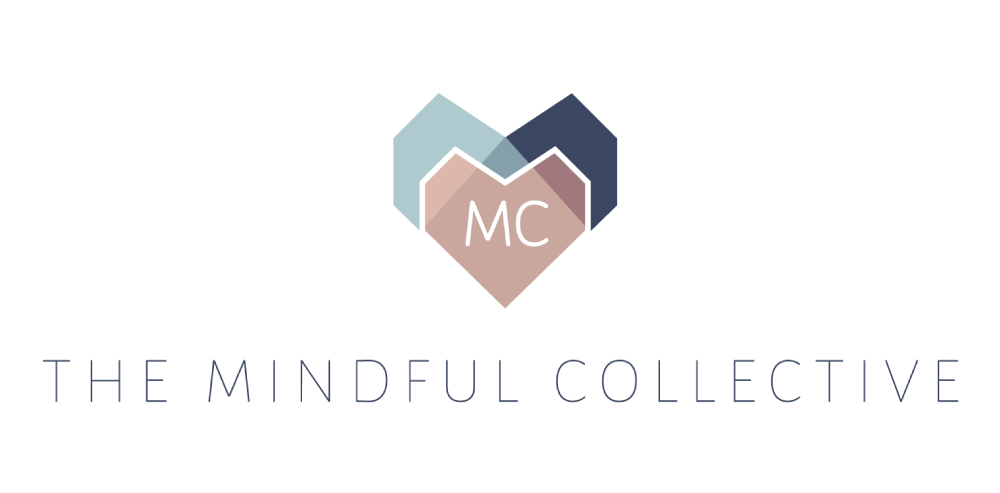Postpartum Rage and Self-Compassion
One of my passions in psychology is perinatal mental health, this encompasses the period from conception to three years postpartum. In psychology, we refer this period to being an attachment activating event – simply put, parents go through intense psychological processes that literally changes the structures of the brain.
Everyone’s experience of perinatal mental health concerns is unique, the most commonly talked about are postnatal depression and anxiety. Other concerns include postnatal OCD, birth trauma, fear of birth, and psychosis. Postpartum rage is often an overlooked symptom of postpartum mental health concerns, it can be characterised by intense feelings of irritability, frustration and anger that can be directed towards oneself, the baby or others.
Research tells us one of the most effective ways to support postpartum rage is by implementing self-compassion. If you haven’t practiced self-compassion before, hear me out! I know it can feel incredibly uncomfortable at first to redirect compassion towards yourself but it can be done. Often I hear concerns around self-compassion hampering high standards and goal achievement however, it is important to note when implementing self-compassion research has found that people still can have high personal standards but when faced with failure they don’t beat themselves up and are more likely to try again.
Self-compassion can be a powerful tool for parents particularly when postpartum rage is experienced as it can be accompanied by feelings of shame and guilt.
Let’s talk about the brain for a moment.
Research has found that during the perinatal period, the brain undergoes a series of structural changes as it is adapting to the new challenges of parenthood. Of important to note is the amygdala the emotional centre of the brain and our internal alarm system (fight/flight/freeze). During pregnancy and postpartum, the amygdala shows some growth as it prepares for the high volume of hormones. However, it has been found that the neural systems that are affected by symptoms of anxiety and depression in the perinatal period overlap and interact with the systems involved in maternal caregiving behaviours. This allows for parents to be more alert and hypersensitive to the baby’s cues. Many women experience symptoms of OCD during the perinatal period (91%!) however, brain imaging show that the intrusive thoughts are associated with parts of the brain that centres around protectiveness not violence.
Let’s not forget “baby brain,” – and yes this may be attributed to increase in stress and sleep deprivation – the feeling of being foggy, scattered, with words on the tip of your tongue. Scans have shown in the postpartum period, the part of the brain that has a focus on memory, the hippocampus, shrinks!
So if we were to reflect and practice self-compassion, know that your brain knows exactly what its meant to be doing, and being kind to yourself.
Tips to support postpartum rage using self-compassion.
- Feel the feels
A step by step guide on using self-compassion for difficult emotions. The first is to acknowledge and label the feeling, giving the feeling a name such as “this is sadness” or “this is frustration.” The next step is expand your awareness to your body as a whole and notice where in the body the feeling is expressing itself most strongly, is it a tightness, or a hollow feeling? Now, soften the location in your body, let the muscles relax holding the feeling in a tender way. Soothing yourself through a difficult situation, providing a compassionate touch like placing your hand on your heart. Finally, allow the discomfort to be there, making room for it, and allowing yourself to be exactly as you are in this moment.
- Practice Mindfulness
Some mindful moments: watching your baby sleep and breathe, mindfully breastfeeding, mindfully changing your baby, mindful cup of tea (or coffee) mindful shower
- Get your needs met
Fill up your emotional wellbeing cup this can also include having some alone time, movement, wholesome foods, sleep, and connecting with loved ones.
- Connect with your loved ones
A major element of self-compassion is common humanity, which reflect a sense of interconnectedness and recognising that all humans are flawed work-in-progress. Connecting and sharing stories is a great way to honour common humanity.
- Professional support
Having a psychologist to support you can be an invaluable experience. When talking to clients about experiences in the perinatal period, I often here the words “why has no one told me this before, I thought I was the only one!” It speaks loud to the notion that although the conversation around perinatal health has started there is still so much stigma and fear around it. This often makes parents feel even more isolated and when it comes to post-natal rage the feeling of shame is so strong. If you are experiencing postpartum rage or having any difficulties in the perinatal period, reach out.




Leave a Reply
Want to join the discussion?Feel free to contribute!